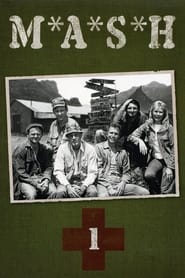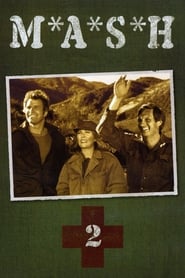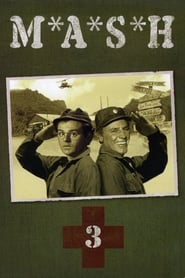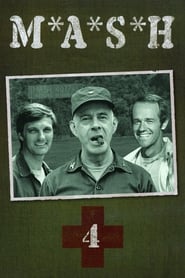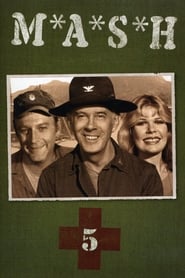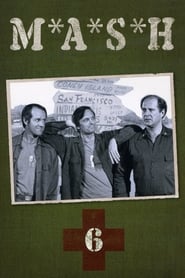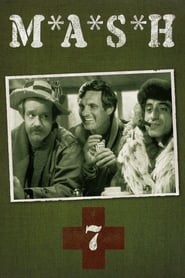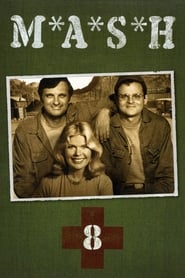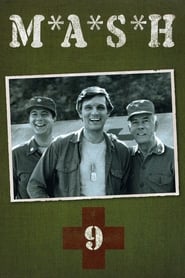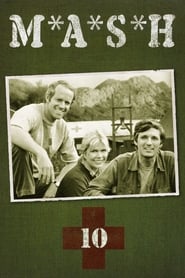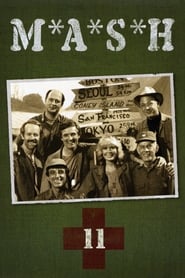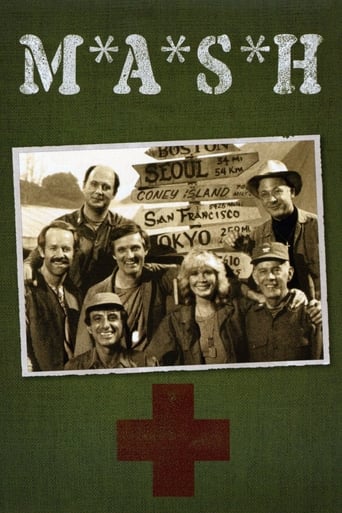Goodbye, Farewell, and Amen.
"M*A*S*H," produced by 20th Century Fox Television and aired from 1972 to 1983, is an iconic American television series that masterfully blends comedy and drama. Set during the Korean War, the show follows the lives of the staff at the 4077th Mobile Army Surgical Hospital (MASH). Created by Larry Gelbart and inspired by Richard Hooker's novel and the subsequent film, "M*A*S*H" uses the backdrop of war to explore deeper themes of humanity, resilience, and the absurdity of conflict. The series' unique tone, oscillating between uproarious humor and poignant moments, allowed it to resonate deeply with audiences, making it one of the most beloved and critically acclaimed shows in television history. The ensemble cast of "M*A*S*H" is a significant factor in its enduring appeal. Led by Alan Alda's portrayal of the wisecracking yet compassionate surgeon Benjamin Franklin "Hawkeye" Pierce, the show features a diverse group of characters, each bringing their own quirks and depth to the narrative. From the gruff but lovable head nurse Margaret "Hot Lips" Houlihan, played by Loretta Swit, to the bumbling yet endearing company clerk Walter "Radar" O'Reilly, portrayed by Gary Burghoff, the characters form a tight-knit family that viewers grew to love and root for. Their interactions, filled with witty banter and heartfelt moments, provide a rich tapestry that keeps the series engaging and emotionally compelling. "M*A*S*H" is also notable for its willingness to tackle serious social and political issues. Episodes often addressed topics such as racism, women's rights, and the futility of war, reflecting the turbulent times during which the show was produced. The series' ability to weave these themes into its narrative without losing its comedic edge is a testament to its skillful writing and direction. Memorable episodes like "Sometimes You Hear the Bullet" and "Abyssinia, Henry" showcase the show's capacity to evoke strong emotions, leaving lasting impressions on its audience. The impact of "M*A*S*H" extends beyond its initial run, as evidenced by its record-breaking finale, "Goodbye, Farewell and Amen," which remains one of the most-watched television episodes of all time. The series' legacy is further cemented by its numerous awards, including 14 Primetime Emmy Awards, and its continued popularity in syndication. "M*A*S*H" not only entertained but also provoked thought and discussion, making it a timeless piece of television that continues to be celebrated and studied for its contributions to the medium.
Año1972
Número de episodios251
Número de temporadas11
Duración del episodio25
EstadoEnded
GénerosWar & PoliticsDramaComedia
Países de producciónUnited States of America
